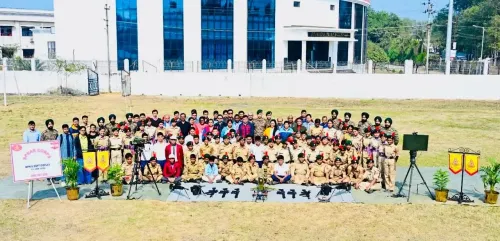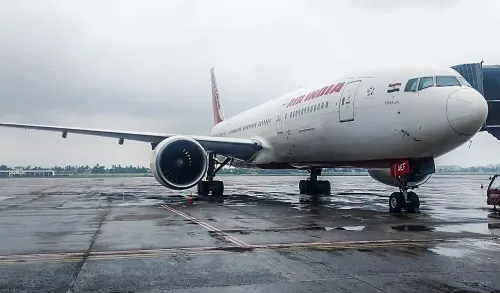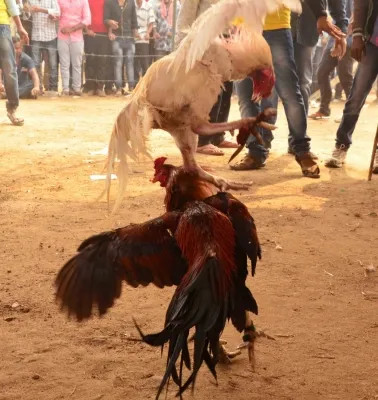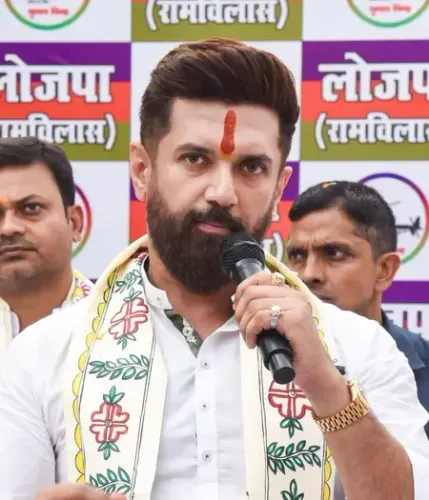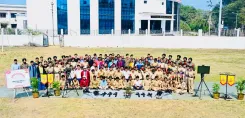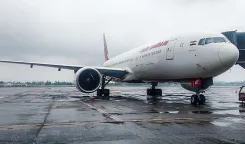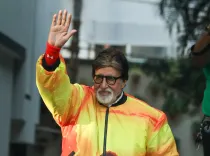What Did EAM Jaishankar Discuss with Russian FM Lavrov Regarding the Pahalgam Terror Attack?

Synopsis
Key Takeaways
- Telephonic Discussion: EAM Jaishankar and FM Lavrov addressed the Pahalgam terror attack.
- Justice Required: Calls for accountability for the attackers were emphasized.
- Diplomatic Measures: India implemented several actions against Pakistan post-attack.
- Regional Cooperation: The discussion also covered bilateral cooperation between India and Russia.
- Continued Tensions: The situation between India and Pakistan remains volatile.
New Delhi, May 4 (NationPress) External Affairs Minister (EAM) S. Jaishankar engaged in a telephonic conversation with Russian Foreign Minister Sergey Lavrov, addressing the rising tensions between India and Pakistan in light of the horrific Pahalgam terror attack that resulted in 26 fatalities.
During the discussion, EAM Jaishankar emphasized the necessity for justice against the perpetrators, backers, and planners of the Pahalgam attack, while also highlighting the ongoing bilateral cooperation initiatives between India and Russia.
In a social media post on platform X, EAM Jaishankar remarked: "Yesterday, I discussed the Pahalgam terrorist attack with FM Lavrov of Russia. The perpetrators, backers, and planners must face justice. We also touched on our cooperation activities."
The Russian Foreign Ministry indicated that both ministers talked about the timeline for future high-level engagements.
On April 22, armed assailants targeted innocent tourists enjoying the picturesque scenery of mini Switzerland. This assault, the most lethal in the Kashmir Valley since the 2019 Pulwama incident, primarily affected tourists and was claimed by The Resistance Front (TRF), a proxy of the Pakistan-based terrorist group Lashkar-e-Taiba (LeT). The TRF later retracted its claims of involvement.
The ministers further discussed the deteriorating situation in India-Pakistan relations following the Pahalgam attack.
On May 2, Russian Foreign Minister Lavrov reached out to EAM Jaishankar.
As per a statement from the Russian Federation, Lavrov advocated for resolving differences between New Delhi and Islamabad through bilateral political and diplomatic channels, in accordance with the Simla Agreement of 1972 and the Lahore Declaration of 1999.
In response to the Pahalgam terror incident, the Indian government implemented several diplomatic actions, including closing the Integrated Check Post (ICP) at Attari, suspending the SAARC Visa Exemption Scheme (SVES) for Pakistani nationals, allowing only 40 hours for their return, and reducing the number of officers in high commissions on both sides.
India also annulled all types of visas issued to Pakistani nationals, mandating their departure by April 30, and closed its airspace to flights operated by Pakistan Airlines.
In retaliation, Pakistan declared the suspension of all trade with India, both directly and via third countries, and barred Indian airlines from using its airspace.
Pakistani forces have continued to breach the ceasefire along the border for the ninth consecutive day, initiating small arms fire along the Line of Control (LoC) in five districts of Jammu and Kashmir.
During a crucial security meeting on April 29, Prime Minister Narendra Modi affirmed that the armed forces have complete operational freedom to choose the mode, targets, and timing for India's response to the Pahalgam terrorist attack.
"It is our national resolve to deliver a decisive blow to terrorism," PM Modi stated, as reported by government sources.


